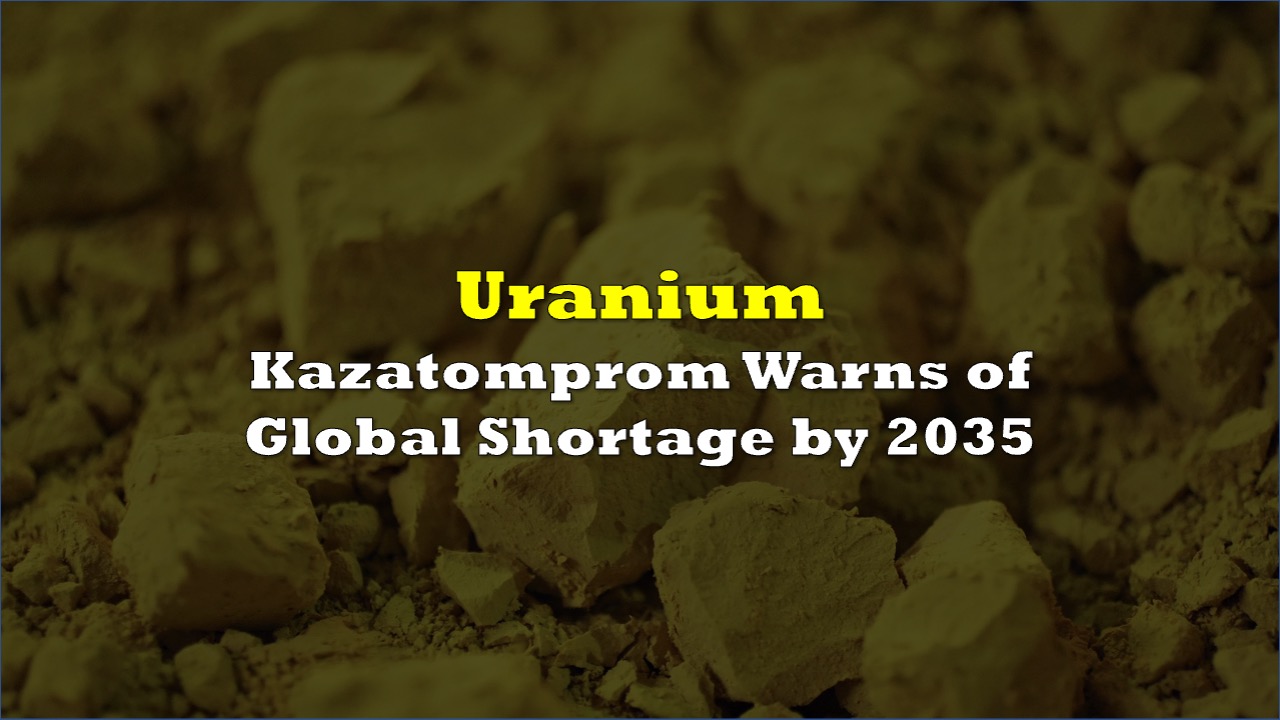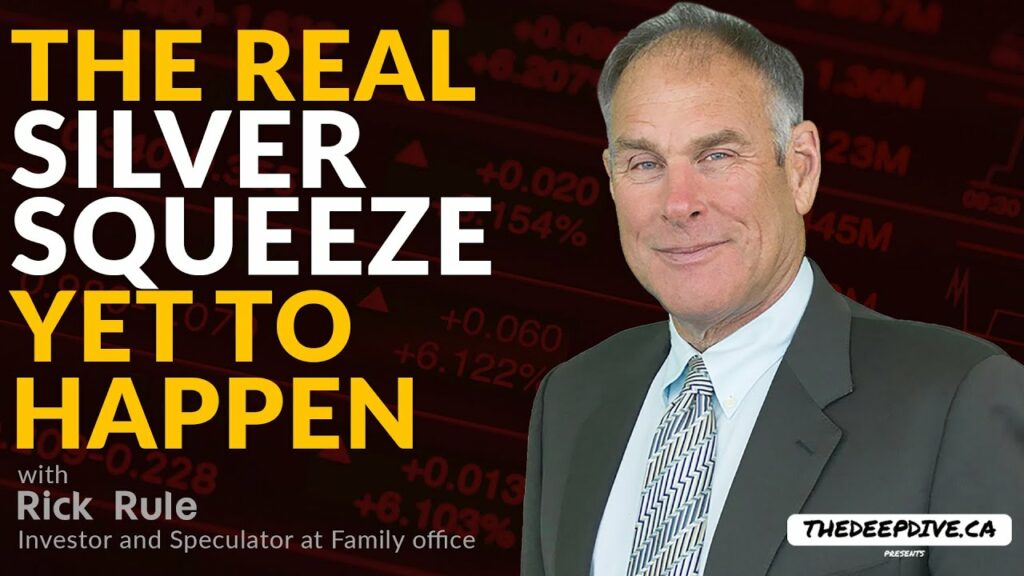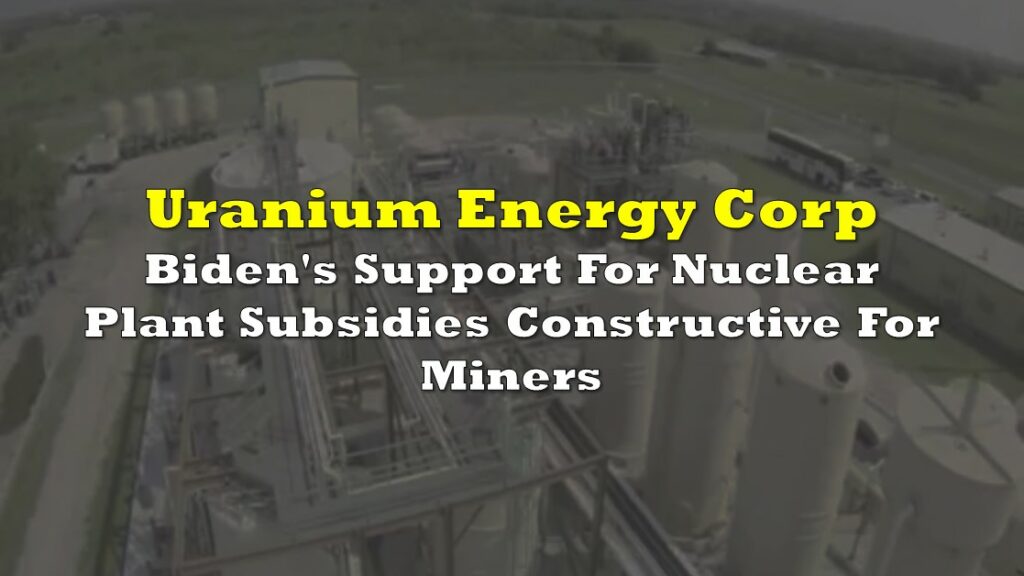The world’s largest uranium producer has warned that global supply will fall drastically short of demand within a decade, threatening the nuclear energy expansion seen as critical to climate goals.
Marat Tulebayev, First Deputy CEO of Kazakhstan’s state-owned Kazatomprom, told the World Atomic Week forum that a “structural uranium deficit” will emerge by the mid-2030s.
“By the mid-2030s, around 2035, we will face a structural uranium deficit,” Tulebayev said Thursday. “To meet this unmet demand, we would need at least another Kazatomprom, which is impossible.”
"Kazatomprom's deputy head predicted a global uranium shortage within 10 years."https://t.co/jBcNhP0xZd pic.twitter.com/AoDb5Hbrox
— Gerolf Löffelhardt (@GLoffelhardt) September 25, 2025
Kazatomprom controls roughly 20% of the world’s primary uranium production, making the company’s assessment particularly significant for the nuclear industry.
The warning comes as global uranium demand is projected to surge 28% by 2030 and more than double by 2040, according to the World Nuclear Association. The increase is driven by countries expanding nuclear power to meet climate targets and energy security needs, along with tech companies building nuclear-powered data centers for artificial intelligence operations.
The executive warned that easily accessible, low-cost uranium deposits are largely exhausted.
“The era of cheap uranium with low production costs is fading,” he said.
Kazatomprom itself has repeatedly cut production forecasts due to sulfuric acid shortages and construction delays. In August, the company reduced its 2026 output target by 10%.
Developing new uranium mines takes 10 to 20 years, meaning projects must begin immediately to meet future demand. Without new production coming online, industry forecasts show existing mine output could decline by half in the next decade, creating severe supply constraints.
The uranium shortage could complicate plans by more than 30 countries to triple nuclear energy capacity by 2050, a pledge made at recent UN climate conferences.
Uranium spot prices have remained volatile but have surged in recent weeks, reflecting growing supply concerns. Despite the long-term deficit warnings, Tulebayev said both short- and long-term market forecasts show these pressures mounting.
Information for this story was found via the sources and companies mentioned. The author has no securities or affiliations related to the organizations discussed. Not a recommendation to buy or sell. Always do additional research and consult a professional before purchasing a security. The author holds no licenses.









